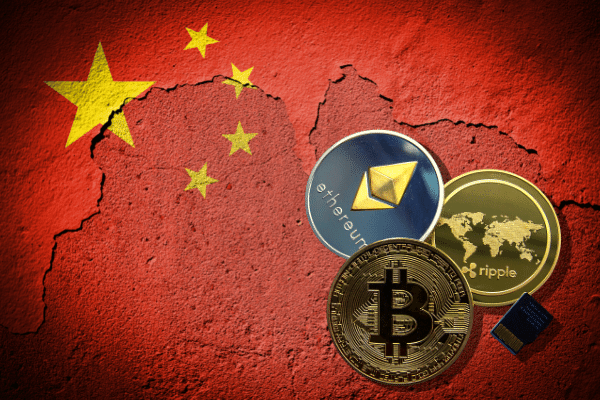
- People’s Bank of China declares all cryptocurrency activity illegal
- No significant policy shift in Beijing which had always pushed hard to crackdown on cryptocurrencies, but measure can be viewed as more of the same
Cryptocurrency markets plunged on Friday as China finally threw down the gauntlet with the central bank declaring that all crypto-related transactions would be considered illicit financial activity, including services provided by offshore exchanges.
For good measure, the People’s Bank of China declared that cryptocurrencies including Bitcoin and Tether (a dollar-backed stablecoin) are not fiat currency (duh) and therefore cannot be circulated.
Beijing has long banned initial coin offerings (ICOs), cryptocurrency exchanges and its latest crackdown targeted miners.
But the Chinese have long circumvented Beijing’s cryptocurrency curbs by moving to over-the-counter platforms and offshore cryptocurrency exchanges.
Yet it’s not immediately clear what effect the PBoC’s blanket ban on cryptocurrency transactions will have on the industry anyway, especially since the bulk of Chinese activity had moved offshore for years.
Some of the biggest cryptocurrency exchanges that cater to Chinese users have been based offshore for years and the recent crackdown on Chinese miners has actually helped to enhance the decentralization and therefore security of blockchains like Bitcoin.
For Chinese cryptocurrency miners, the crackdown in May was the last straw, with many relocating to places like Russia, Ukraine, the U.S. and even neighboring Laos, which recently legalized cryptocurrency mining and trading and has an abundance of hydroelectricity.
In reality, cryptocurrencies have been asset-non-grata in China for years, with traders and stakeholders having had to resort to a variety of methods to either gain access to trading platforms via VPNs (virtual private networks) or using a system of onshore over-the-counter service providers to go about their business.
And as Beijing has tightened its grip on a variety of economic activities, from video games to afterschool education, the scores of Chinese looking to spirit away their assets out of the Middle Kingdom has actually increased, with cryptocurrencies often the vehicle of choice.
Ahead of a key leadership test for Chinese President Xi Jinping next year, Beijing may be looking to roll out its central bank digital currency more extensively to cement its grip on the economy and the Chinese people, and cryptocurrencies represent a obstacle in such ambitions.
The digital yuan would make it substantially more difficult for capital flight out of China, and so long as cryptocurrencies exist in parallel with the fiat currency system, represent a systemic weakness to Beijing’s iron grip over its economy and the Chinese people.



